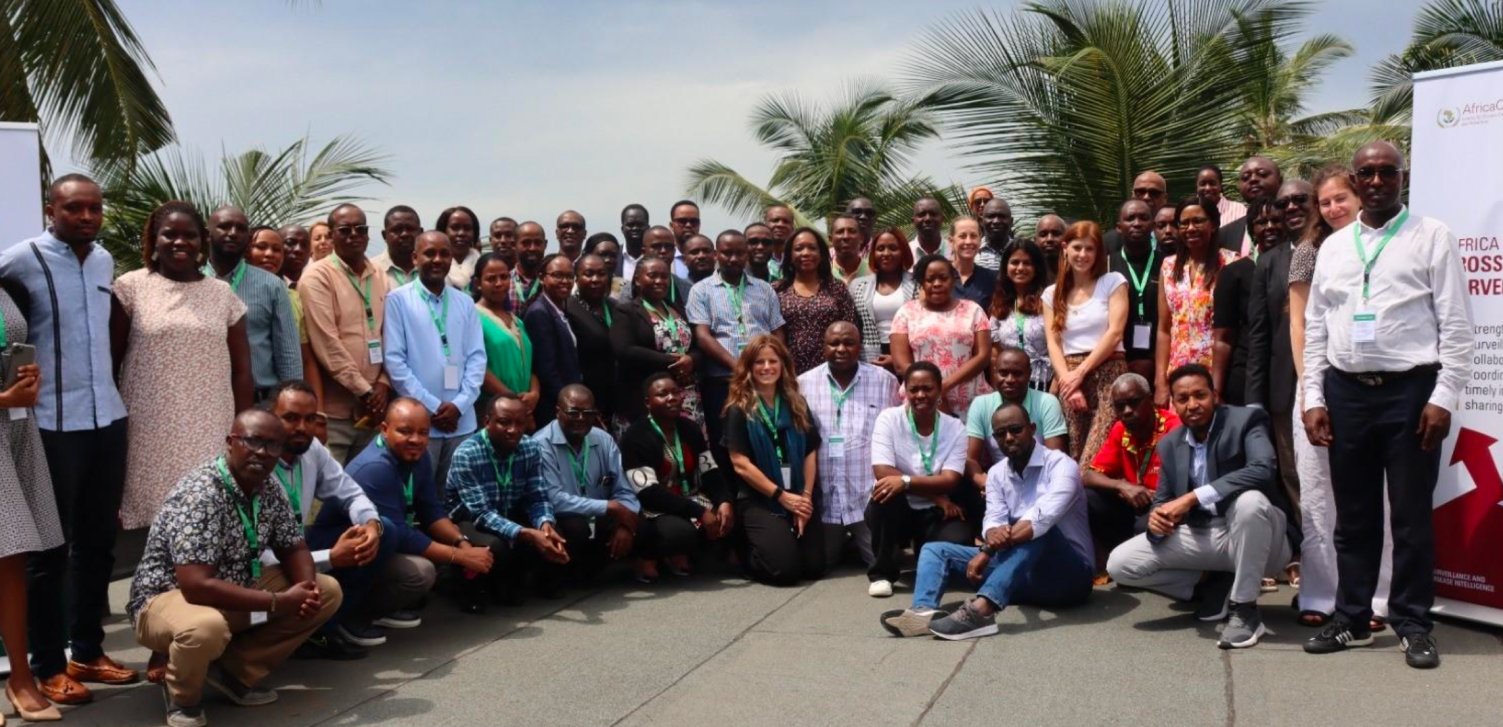Cross Border Training
Empowering Communities and Building Partnerships: A Collective Approach to Outbreak Preparedness in Eastern Africa
The Collective Service partners, alongside the UK-PHRST, are proud to present a technical case study that highlights the successful collaboration in delivering the first-ever cross-border Risk Communication and Community Engagement (RCCE) training. This training was provided to key personnel from the Ministry of Health, Red Cross/Crescent National Societies, UNICEF, and WHO across seven East African nations: Kenya, Somalia, Ethiopia, South Sudan, Uganda, Rwanda, and Tanzania.
Background
The critical role of community involvement in outbreak responses has become increasingly evident. In regions frequently facing public health emergencies, exacerbated by factors like forced migration and climate change, cross-border cooperation is essential to bolster readiness and response efforts.
Since 2020, the RCCE Technical Working Group (RCCE TWG) for East and Southern Africa, co-led by Collective Service partners and UK-PHRST, has been supporting public health emergency responses in the region. The training specifically addressed the need for stronger cross-border collaboration around RCCE, with a focus on gathering, sharing, and utilizing community data for more effective outbreak management.
To meet these needs, public health focal points from seven East African countries participated in a scenario-based training exercise centered on a simulated viral hemorrhagic fever outbreak. The participants, including experts in surveillance, case management, infection prevention and control (IPC), RCCE, and points of entry, worked together to enhance their capacity to respond both nationally and across borders.
The primary goal of the training was to strengthen RCCE readiness for outbreak response in the region, ensuring faster and more coordinated efforts in future emergencies.
Outcomes
Lessons learned from outbreak response have shown the importance of communities at-risk or affected by outbreaks leadingon decision-making within the response. In the face of frequent public health emergencies, compounded by regional factors including forced migration and climate change, cross-border collaboration is essential to strengthening readiness for outbreaks.
The RCCE Technical Working Group (RCCE TWG) in East and Southern Africa, co-led by UNICEF and IFRC with the support of the Collective Service, UK-PHRST and other partners, has been supporting regional public health emergency response since 2020.
Participating partners identified the need to strengthen cross-border collaboration around RCCE, focusing on collection, sharing
UK-PHRST experts

Participants at the cross-border RCCE training workshop. Photo credit: Africa CDC

